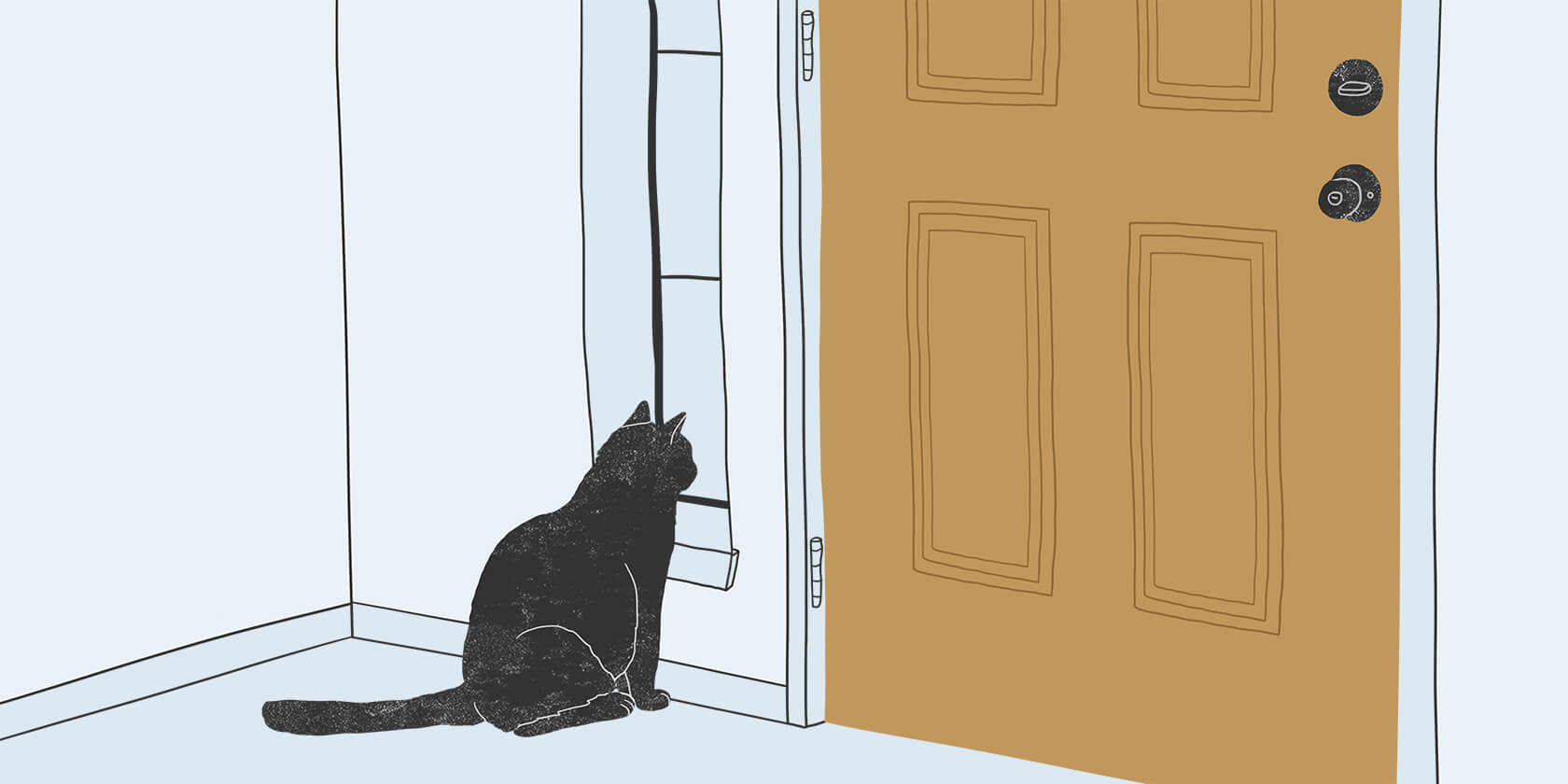Heartworm disease in cats has gotten more attention in recent years, leading to better diagnosis and prevention. Unfortunately, many myths about cats and heartworm disease still exist. We're demystifying some of the most common beliefs around heartworms and your feline friends.
Myth: Heartworm Disease Primarily Affects a Cat's Heart
Contrary to what the name implies, heartworm disease doesn't primarily affect a cat's heart. These worms impact a cat's lungs and blood vessels where they can cause severe inflammation and other internal damage, even in small numbers.
Myth: Heartworm Disease Isn't a Problem Where I Live
The reality is that heartworms are a problem across the country and heartworm disease has been diagnosed in all 50 states. The current data likely represents an underestimate of the range and severity of the problem. Knowing where, when, and how densely heartworm disease is present in an area depends on:
- Enough people bringing their pets in for regular testing
- Test results being reported to monitoring agencies
- Surveillance studies being conducted on mosquitoes, stray cats and dogs, and wildlife that can act as reservoirs (e.g., foxes, coyotes)
Unfortunately, these three things just don't happen as often or regularly as they should – so heartworm disease is likely more common than what the prevalence map indicates.
Myth: Feline Heartworm Disease Isn't as Common as Canine Heartworm Disease
It's a commonly held belief that heartworm disease isn't a "cat problem." But the truth is, a heartworm-carrying mosquito is just as happy to bite your cat as it is to bite your dog. One study found a statistically equal percentage of cats had been exposed to heartworm disease compared to the rate of the dogs[1]. Given the rates at which cats are infected, as well as the damage heartworms can cause in cats, heartworm disease very much is a cat problem, as it is with dogs.
Myth: Indoor-Only Cats Can't Get Heartworm Disease
While an indoor-only lifestyle reduces a cat's risk of being infected with heartworms, it doesn't eliminate it. It takes just one infected mosquito – coming through a torn screen, or open window or door – getting into your home to bite your cat. One study found that more than 1 in 4 cats diagnosed with heartworm disease were classified as "indoor-only"[2].

Myth: There's a Treatment for Heartworm Disease in Cats
While there are effective treatments for heartworm infections in dogs, there currently aren't any safe and effective ways to kill or remove heartworms from cats. Exercise restriction and medications that aim to reduce the inflammation are the only ways to help cats with heartworm disease. Sadly, even with the best of care and rest, cats can still die from the damage caused by their heartworm infection.
While there aren't any safe and effective treatments to clear heartworm infection in cats, there are safe and effective preventatives that can protect your cat and keep heartworms (and other common parasites) from becoming a problem in the first place.
Myth: My Kitten is Too Young for Me to Worry About Heartworm Disease
Cats and kittens of all ages can get heartworm disease (after all, mosquitoes don't check IDs before biting). Kittens should start a heartworm preventative medicine at 8 weeks of age in areas where heartworm is prevalent during the heartworm transmission season[3].
And it’s not just heartworms that you should be protecting your cats and kittens against from an early age. Intestinal worms, fleas, ticks, and even ear mites are common parasites that can affect cats and kittens of all ages and throughout the year.
ZPC-00854R1
IMPORTANT SAFETY INFORMATION: The safe use of Revolution Plus has not been established in kittens less than 8 weeks old or in breeding, pregnant or lactating cats. Reported side effects in clinical trials included lethargy and anorexia. Use with caution in cats with a history of neurologic disorders. Revolution Plus contains sarolaner, a member of the isoxazoline class which has been associated with neurologic adverse reactions, such as tremors, ataxia, and seizures in cats with or without a history of neurologic disorders. In humans, Revolution Plus may be irritating to skin and eyes. See Prescribing Information.
REVOLUTION PLUS is indicated for the prevention of heartworm disease caused by Dirofilaria immitis, the treatment and control of roundworm (Toxocara cati) and intestinal hookworm (Ancylostoma tubaeforme) infections, and the treatment and control of ear mite (Otodectes cynotis) infestations. REVOLUTION PLUS kills adult fleas (Ctenocephalides felis) and is indicated for the treatment and prevention of flea infestations, the prevention of Dipylidium caninum (tapeworm) infections as a direct result of killing Ctenocephalides felis vector fleas on the treated cat, and the treatment and control of tick infestations with Amblyomma americanum (lone star tick), Amblyomma maculatum (Gulf Coast tick), Dermacentor variabilis (American dog tick), and Ixodes scapularis (black-legged tick) for one month in cats and kittens 8 weeks and older, and weighing 2.8 pounds or greater.
- Hays, KM, et al. Heartworm prevalence in dogs versus cats: Multiple diagnostic modalities provide new insights, Vet Parasitology, 2020.
- Atkins, CE, et al. Heartworm infection in cats: 50 cases. J Am Vet Med Assoc, 2000.
- AHS: 2020 Feline Heartworm Guidelines




